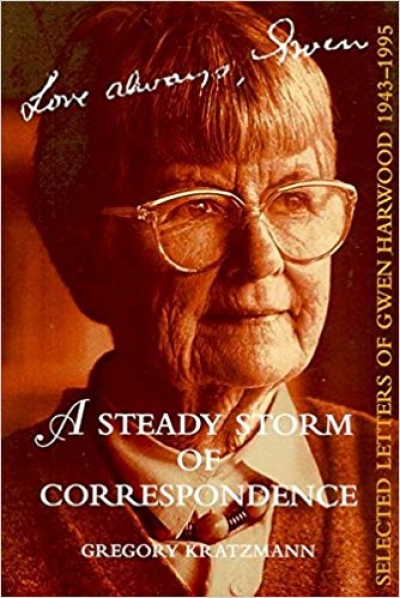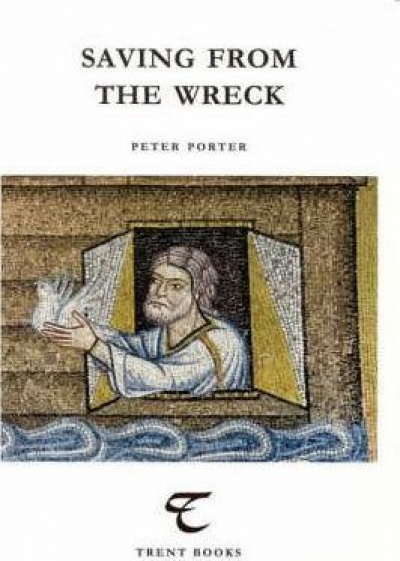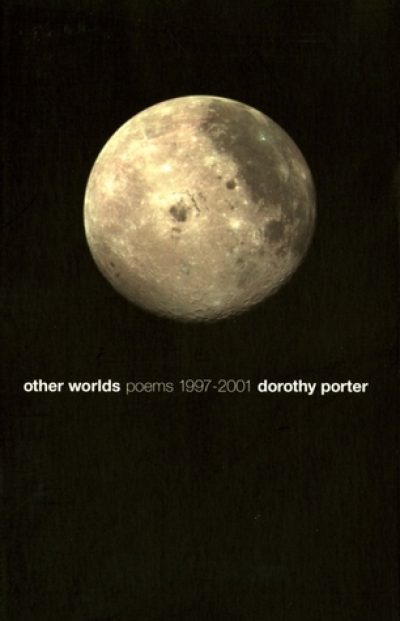Poetry
A Steady Storm of Correspondence: Selected Letters of Gwen Harwood 1943–1995 edited by Gregory Kratzmann
On the second last day of the weeklong Poetry Africa 2001 international festival in Durban, South Africa, an interview with me appeared in one of the national newspapers. The text presented me as a returned exile. I was asked questions such as: ‘Have you lost your South Africanness, or do you still need it?’ Since my return to South Africa – I was last here in 1995, just after the first ‘free and fair’ election – I’ve been asked about my feelings towards South Africa and Australia. The questions are always intentionally superficial: there’s a right and a wrong answer. I’ve found that usually the best response is evasion or, better, a lie. In their questioning is a not so subtle politics of decorum: Are you a foreigner? If you are, mind your manners.
... (read more)











